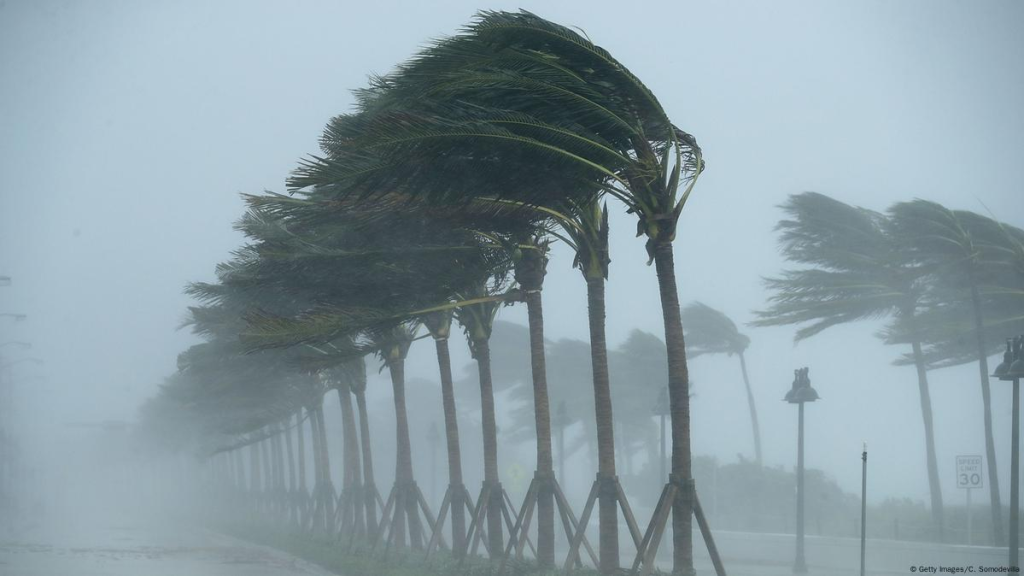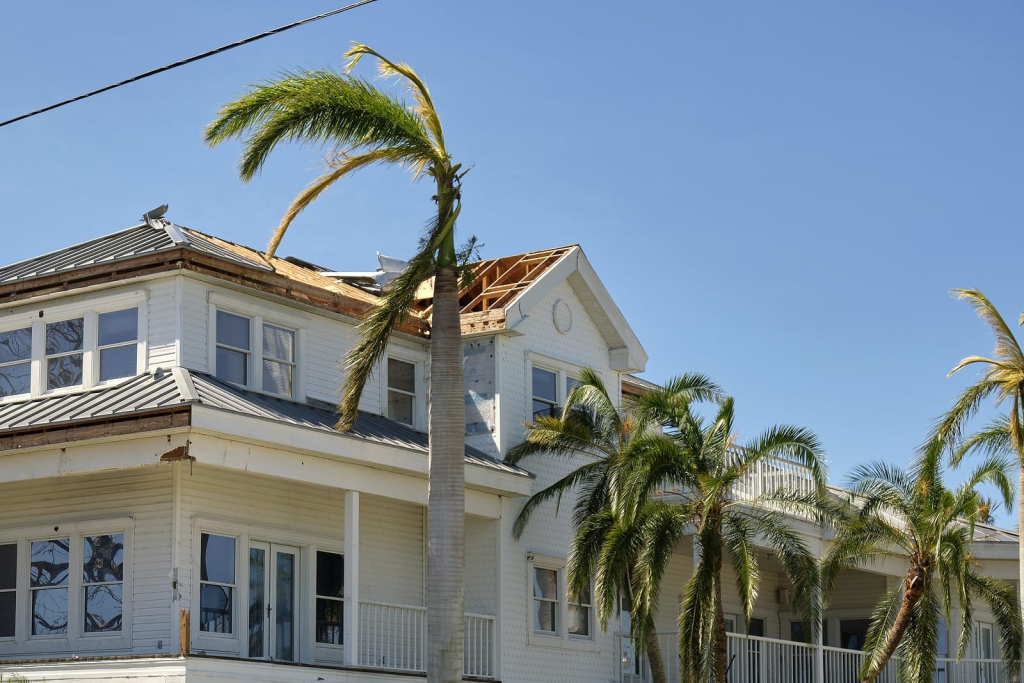As hurricane season creeps closer, memories of past storms come flooding back—dark homes, waterlogged floors, endless calls with insurance. For many homeowners, those experiences brought more than just damage; they brought tough lessons.
Now, conversations in neighborhoods and online are filled with “next time” strategies—real advice from people who’ve lived through the worst. Instead of scrambling after disaster hits, more folks are planning ahead to protect what matters most and recover with less stress. These are the insights that make a difference when the winds pick up again.
Hiring Legal Help Before the Insurance Adjuster Arrives
More homeowners are choosing to speak with a hurricane damage attorney early in the claims process. Legal guidance upfront can help you understand confusing policy language, avoid costly mistakes, and feel more prepared when the insurance adjuster arrives. Attorneys experienced in storm-related claims know how to spot issues that could affect your payout—and help you take action before problems begin.
Getting to know your policy details ahead of time can really help. Lawyers can point out benefits or clauses you might miss on your own, such as separate deductibles for wind or flood damage. Going into a meeting with the adjuster after talking to a legal expert sets you up to ask better questions and protect your interests.
Creating a Visual Record: The Power of Pre-Storm Documentation
Photos and videos taken before a storm can provide key evidence during insurance disputes. Many homeowners who documented their property ahead of time avoided delays and denials during claims. Visual records make it easier to prove the condition of siding, roofing, and interiors—details that are often questioned after damage occurs.
Using tools like drones can take this effort to the next level. Drones give a wider view and capture tough-to-reach spots, such as second-story roofing or chimneys. This kind of tech not only backs up your claim but also helps you build a stronger case when it’s time to talk to insurance companies.
Tracking Storm Expenses: Why Receipts Matter

Tracking what you spend after a storm is more important than most people think. When chaos hits, receipts can get lost, and without them, you might miss out on getting money back. Something as simple as buying bottled water, batteries, or emergency hotel stays adds up quickly. This can make an already tough time even harder.
A basic receipt system—like snapping photos and saving them in a folder—can keep everything in one place. Including dates, amounts, and brief notes like “hotel due to evacuation” or “generator fuel” adds helpful context. It also makes it quicker to file your claim and helps you stay on top of your budget. Grouping your expenses by type helps keep things organized and easier to report.
Pre-Contractor Interviews and Local Vetting Tactics That Worked
Picking the right contractor after a storm can seriously affect how your recovery goes. Many people rush this step and end up unhappy with poor repairs or bad service. Some don’t even check if the contractor is licensed or has insurance. Spending a bit of time upfront to meet contractors and ask questions can help avoid these headaches.
Homeowners who talk to contractors in person and visit other job sites often get better results. Clear conversations about costs, deadlines, and expectations build trust and help everyone stay on the same page. Hiring local contractors with good reputations often leads to faster and smoother repairs. Asking for references is another smart move that gives insight into their track record.
Overcoming Insurance Challenges Through Community Support
Dealing with insurance after a storm can be one of the hardest parts of recovery. Many homeowners feel like adjusters don’t listen or drag their feet. Some report waiting weeks just to get a response about initial inspections. Poor communication and delays add to the stress, and some people end up wondering if they should even try to handle claims alone in the future.
But communities are starting to come together to deal with these issues. People are sharing stories, tips, and contacts to make the process less overwhelming. Local groups and forums give homeowners a place to learn from each other, trade ideas, and get support that helps them feel less alone and more prepared.
Getting ready for storm season doesn’t have to be overwhelming. Start with a few simple moves that make a big difference: talk to a lawyer early, take photos or drone footage before storms hit, keep receipts organized, and vet contractors face to face. Stay connected with neighbors and local groups—they’re often the first to share updates, tips, and trusted contacts. Preparation can’t stop a storm, but it can make your recovery smoother and less stressful. For a head start, download our free Hurricane Prep & Claims Checklist. It’s packed with practical steps that put you in control before trouble starts.

